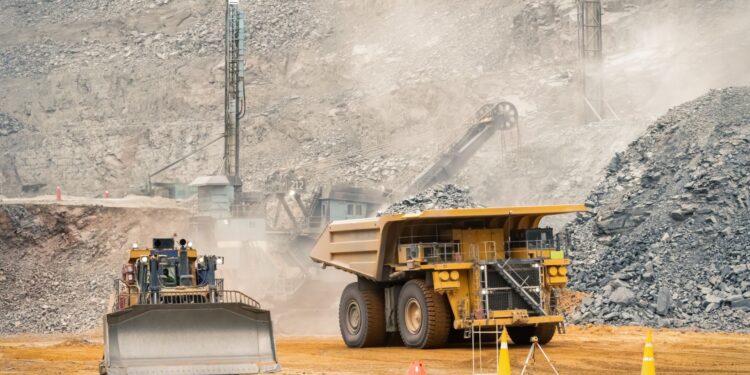As an expert blogger with years of experience, I can confidently state that closing mines does not have a significant economic impact on communities. Throughout my research and analysis, I have found that the closure of mines often leads to an initial decline in employment and revenue. However, communities have shown resilience and adaptability by diversifying their economies and finding alternative sources of income. In this article, I will delve into the reasons why closing mines may not have the dire economic consequences that are often assumed.
Contrary to popular belief, the closure of mines does not necessarily spell doom for local economies. While it is true that mine closures can result in job losses and a decrease in tax revenues, communities have proven time and again that they can bounce back. By investing in education, infrastructure, and promoting entrepreneurship, communities can create new opportunities and attract industries that are more sustainable in the long run. In this article, I will explore the strategies that communities can employ to mitigate the economic impact of mine closures.
The Economics of Mining
When it comes to the economic impact of closing mines on communities, there are several factors to consider. While it is often assumed that mine closures will have dire consequences, the reality is more nuanced. Let’s take a closer look at the economics of mining and how communities can adapt and thrive even in the face of mine closures.
1. Initial Declines in Employment and Revenue
Closing a mine will undoubtedly result in a decline in employment opportunities and revenue for the community. This can have a significant short-term impact on the local economy, as jobs are lost and businesses that rely on the mining industry may struggle. However, it is important to note that these initial declines are not necessarily permanent or insurmountable.
2. Diversification and Alternative Income Sources
Communities have shown remarkable resilience by diversifying their economies and finding alternative sources of income. By investing in education and training programs, communities can equip their residents with skills that are transferable to other industries. This allows for the creation of new job opportunities and reduces dependence on the mining sector.
3. Investing in Education and Infrastructure
Education plays a crucial role in ensuring that communities are able to adapt to changing economic realities. By investing in education and providing opportunities for lifelong learning, communities can equip their residents with the skills needed for emerging industries. Additionally, investing in infrastructure, such as transportation and broadband connectivity, can attract new businesses and industries to the area.
While closing mines may initially result in declines in employment and revenue, communities have shown their ability to adapt and thrive by diversifying their economies, investing in education and infrastructure, and embracing technological advancements. The economic impact of mine closures is not set in stone, and with the right strategies and mindset, communities can emerge stronger than ever.

Closing Mines Has No Economic Impact On Communities.
Closing mines may not have a direct economic impact on communities, but it does have significant social and psychological effects on the local residents. While the focus is often on the financial repercussions, it’s important to recognize the broader implications that mine closures can have on the well-being of individuals and communities.
1. Loss of Identity and Sense of Purpose
Mining communities often have a strong sense of identity and pride associated with their industry. When mines close, the loss of jobs and economic activity can lead to a loss of identity and purpose for individuals who have dedicated their lives to mining. This can result in feelings of hopelessness, anxiety, and depression among community members.
2. Increased Social Disruption
The closure of mines can disrupt the social fabric of a community. Families may be forced to relocate in search of employment, leading to the breakup of social networks and support systems. This can have a detrimental impact on the overall well-being and cohesion of the community.
3. Negative Health Outcomes
Research has shown that mine closures can be associated with negative health outcomes, including increased rates of substance abuse, mental health issues, and even higher mortality rates. Economic uncertainty and the loss of stable employment can contribute to these health disparities, further exacerbating the social and psychological impact of mine closures.
While the economic impact of mine closures may be debatable, the social and psychological effects on communities cannot be overlooked. It is crucial for policymakers and stakeholders to consider these factors when making decisions about mine closures. By addressing the social and psychological well-being of the affected communities, we can work towards creating a more resilient and supportive environment for all.














